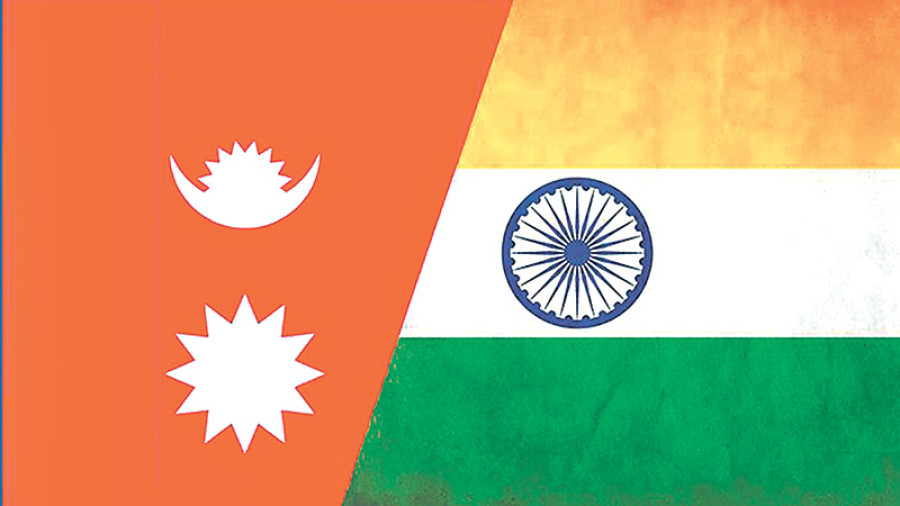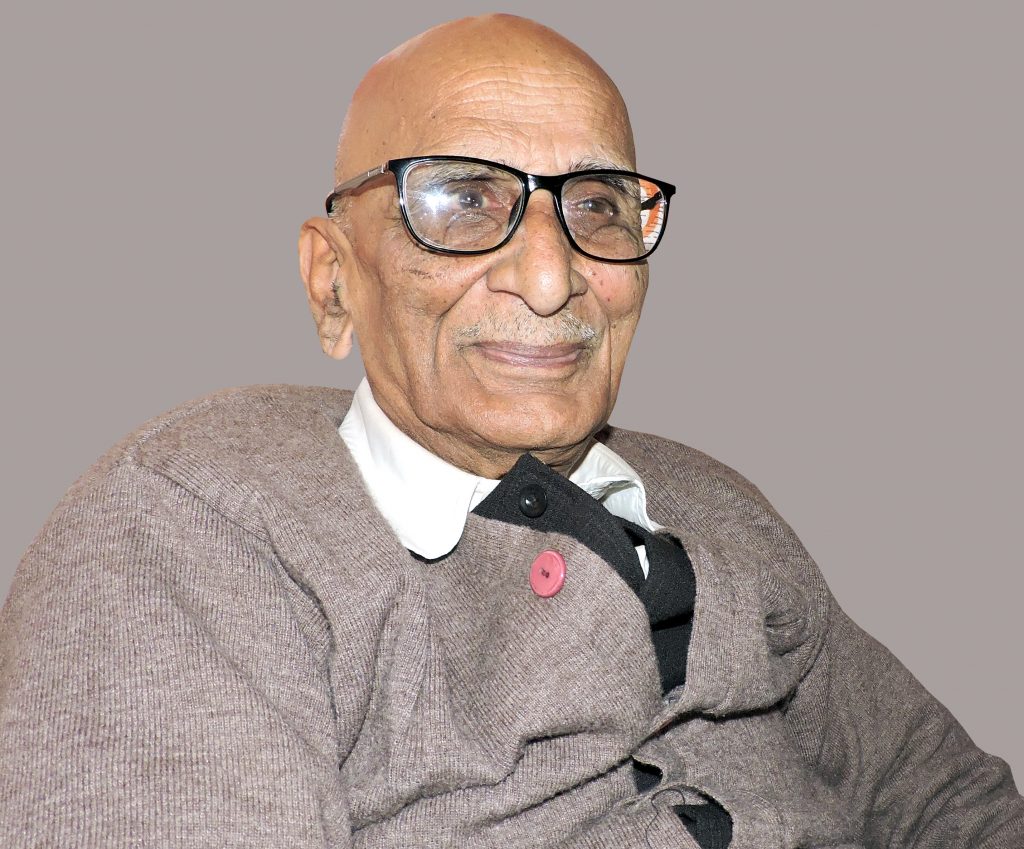Opinion
To newer heights
How successful Prime Minister Oli’s latest state visit to India was remains to be seen
Birendra P Mishra
Prime Minister KP Sharma Oli has claimed that his recent state visit to India was successful and fruitful. He seems to have been referring to the second clause of the joint statement issued in Delhi which states, “The two Prime Ministers resolved to work together to take bilateral relations to newer heights on the basis of equality, mutual trust, respect and benefit”. Perhaps the inclusion of terms like equality, mutual trust and respect in the joint communiqué has made Oli buoyant. The visit was a step towards removing misunderstanding and building mutual trust, as both sides avoided discussing contentious points and deliberately did not mention several crucial issues in the communiqué.
Interestingly, Oli’s visit happened when he had two strong wickets in his hand. One, he was there within two months of assuming office with the backing of a massive public mandate after his left alliance secured a near two-thirds majority in Parliament and won spectacular victories in the local and provincial elections. Two, he has the full financial support of China under the Belt and Road Initiative to develop infrastructure.
Has it been successful?
During Oli’s previous state visit to India in February 2016, there was no joint statement; and his latest visit was not expected to be fruitful as no new agreements were likely to be signed. Despite Foreign Minister Pradeep Kumar Gyawali’s assertion that no new agreements would be signed, three fresh pacts were concluded, adding a feather in Oli’s cap. Addressing Parliament with his usual nationalistic rhetoric before leaving for India, he said, “There will be no agreements that go against national interests like sovereignty and nationalism and make us lower our heads and become a disgrace to our country.”
Significantly, Oli appears to have succeeded in opening the doors of opportunity. However, Indian Prime Minister Modi did not give a proper reply to his queries about delays in implementing earlier agreements and completing projects under construction, raising doubts that past accords and projects under construction will get India’s proper attention. Of course, we need not be pessimistic. The complex relations between Nepal and India have hardly been given a balanced approach from either side. Historically, India, being a democratic nation, extended its helpful hand to the cause of establishing democracy in Nepal and landed itself in a marshland, which the new leaders of India could not visualise.
Stepping into the previous rulers’ shoes, they too equated Kathmandu with Nepal and assumed that Kathmandu’s ruling class represented the whole of Nepal. Any change in the establishment annoyed those in power and the beneficiaries of the regime. Any Indian overture to any democratic movement has invited anger and reactions from different establishments from the 1950 armed revolution led by the Nepali Congress (NC) to the present regime, which was harsh and reluctant to give a due share to marginalised communities like Madhesis and Janajatis by making the constitution inclusive.
Importance of strong ties
Second, the diplomatic perspectives of both countries always remained ambiguous. Oli’s latest visit to India glaringly reflects this with regard to the misunderstanding between the two countries. It appears there was no misunderstanding, but the public was made to believe that there was a misunderstanding in order to get votes on an anti-India plank. Maybe there was an actual misunderstanding which has not been cleared but painted as having been resolved diplomatically.
Third, the neighbourhood issue, which is a factor to be reckoned with, affects Nepal-India relations. Nepal’s northern neighbour China has been playing a critical role in Nepal and shaping its relations with India. India and China have been competing with each other to gain influence over Nepal for their strategic positions. Lastly, the natural relation perspective that determines ties between two countries has hardly received recognition. Geography, which has been determined by the Himalayas, has made the destiny of both countries common from thousands of years ago.
If there was no Himalaya, northern India and Nepal, which lie south of the mountain range, would be a desert. The rivers that give life to millions of people flow south from the Himalaya through Nepal and India to ultimately meet the sea. These relations based on natural resources ever remained undermined and ignored, resulting in confusion in Nepal-India ties.
India might have been happy to host Prime Minister Oli in line with practice, but its old mind-set needs to change. It hardly matters which countries Nepali prime ministers visit. What matters are the strong relations between the two countries that take serious note of each other’s vital concerns. At times, a country cannot go against the interest of another. Thus, the success and failure of the visit depends on Nepal, which has to frame its own balanced foreign policy to suit its interests in the region to walk a tight rope in the days to come.
Mishra is a former Election Commissioner




 21.12°C Kathmandu
21.12°C Kathmandu










